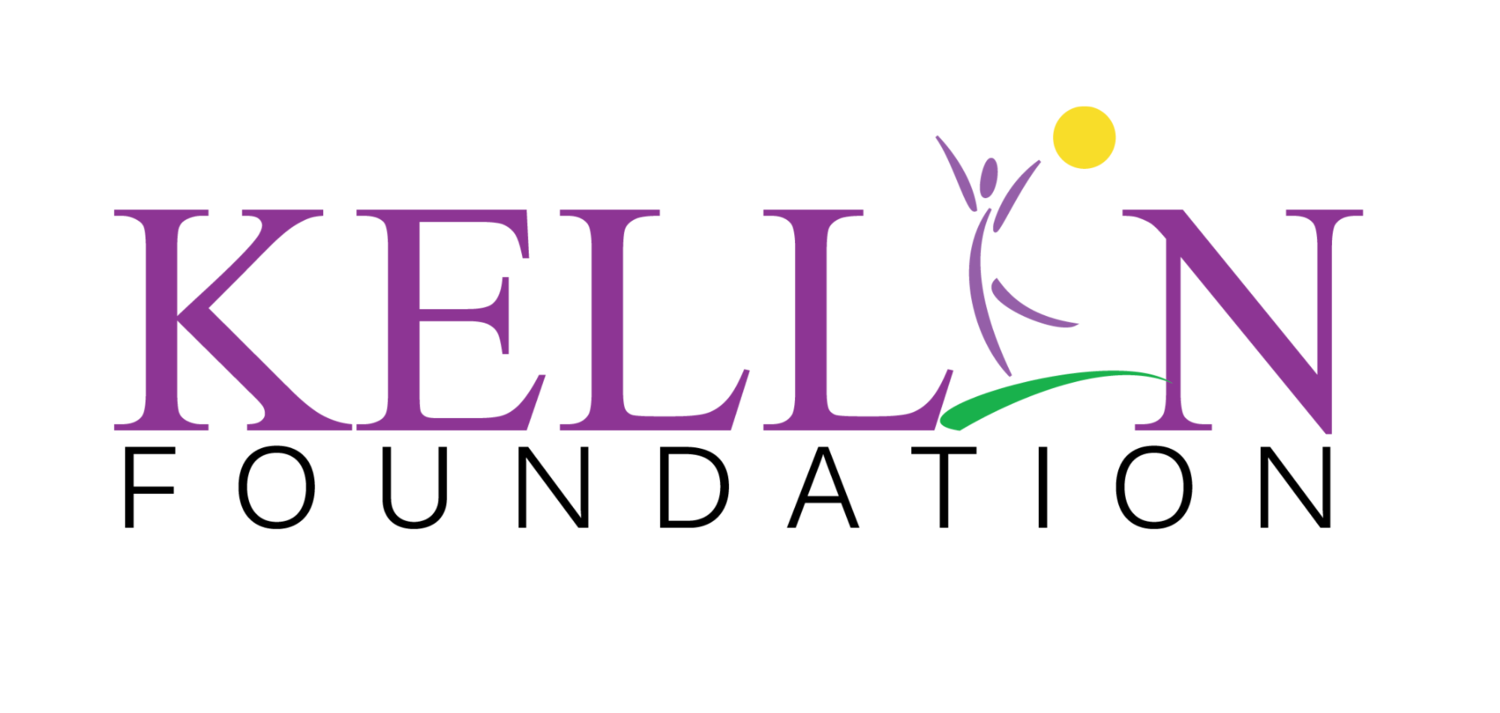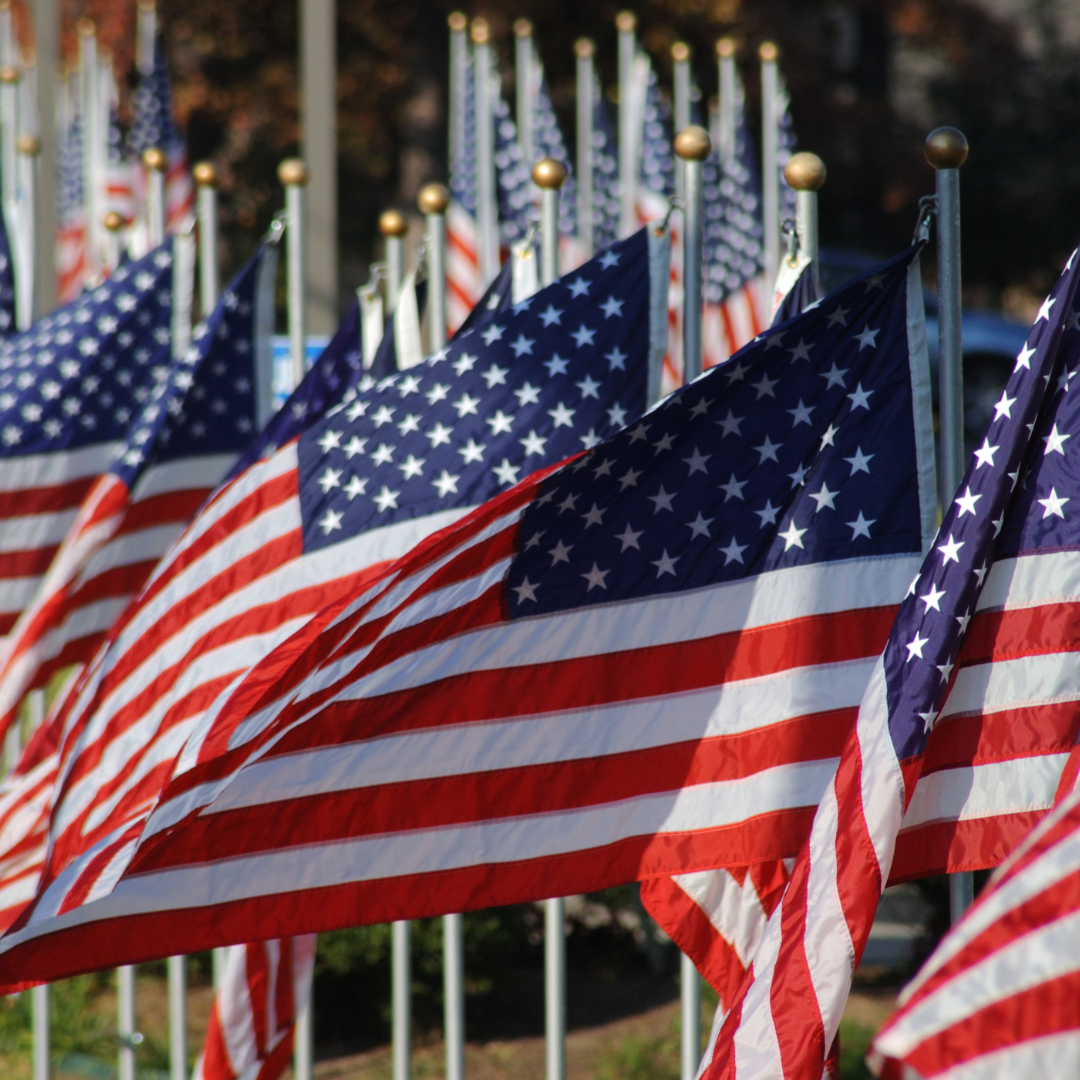The Impact of Independence Day on Veterans' Mental Health: Insights from the Kellin Foundation
Independence Day, a day marked with festivities, fireworks, and national pride, holds profound significance for the United States. While the majority of Americans celebrate this day with joy and enthusiasm, it is essential to recognize that it can evoke complex emotions in veterans. For those who have served their country and witnessed the realities of war firsthand, the celebratory atmosphere can trigger various mental health challenges. We must seek to understand the paradox of celebration and the weight of loss and remembrance and raise awareness of the potential impact July 4th may have on our veterans.
Independence Day is synonymous with celebrations, parades, and firework displays across the nation. However, for many veterans, the festive nature of the holiday can serve as a stark contrast to their experiences in the military. The explosions and loud noises associated with fireworks can trigger distressing memories and flashbacks, reminiscent of combat situations. This paradox can lead to heightened anxiety, hypervigilance, and other symptoms of post-traumatic stress disorder (PTSD).
For veterans who have lost comrades or witnessed the sacrifices of their fellow service members, Independence Day can be a bittersweet reminder of the cost of freedom. The day may serve as a somber occasion to honor and remember those who made the ultimate sacrifice. It can evoke feelings of grief, survivor's guilt, and a profound sense of loss. It is important for society to acknowledge and respect these emotions while offering support and understanding.
While Independence Day brings communities together for collective celebrations, some veterans may find themselves feeling isolated or disconnected. They might struggle to relate to the merriment and camaraderie, as their military experiences have shaped their worldview differently. The sense of alienation can contribute to feelings of loneliness and exacerbate existing mental health conditions. Encouraging inclusive and supportive environments that honor veterans' unique perspectives can help alleviate this sense of isolation.
Veterans facing mental health challenges on Independence Day can benefit from various coping mechanisms and support systems. Encouraging open conversations about feelings and providing outlets for veterans to express themselves can be invaluable. Community organizations, veterans' groups, and mental health professionals can organize events or create safe spaces where veterans can connect with others who share similar experiences. Additionally, offering alternative celebrations or quieter activities that minimize triggers can be helpful.
In the quest to provide meaningful support to veterans during Independence Day and beyond, the Kellin Foundation has taken proactive steps and partnered with UCLA to implement the Military Independence Training Initiative (MITI). This specialized training has equipped our staff with valuable knowledge to foster a deep understanding of the unique challenges veterans face, enhance awareness of potential triggers, and promote effective strategies to minimize distress. By implementing MITI principles, Kellin Foundation plays an active role in supporting veterans' mental health, ensuring that Independence Day becomes an occasion that fosters unity, healing, and a deep appreciation for those who have served.
As a society, we must strive to raise awareness about the potential impact of Independence Day on veterans' mental health. This includes educating the public, event organizers, and communities about the challenges veterans may face during festivities. Sensitivity to the needs of veterans, such as giving advance notice of fireworks displays, promoting fireworks-free zones, and providing resources for mental health support, can go a long way in creating a more inclusive and understanding environment.
Independence Day holds great significance for veterans, symbolizing both their service to the nation and the complex emotions that arise from their experiences. By acknowledging the potential effects of this celebratory holiday on veterans' mental health and fostering supportive environments, we can honor their sacrifices while ensuring their well-being. Let us strive to create a society that not only celebrates freedom but also supports those who have defended it, fostering a sense of unity, compassion, and gratitude for our veterans on this important day.

